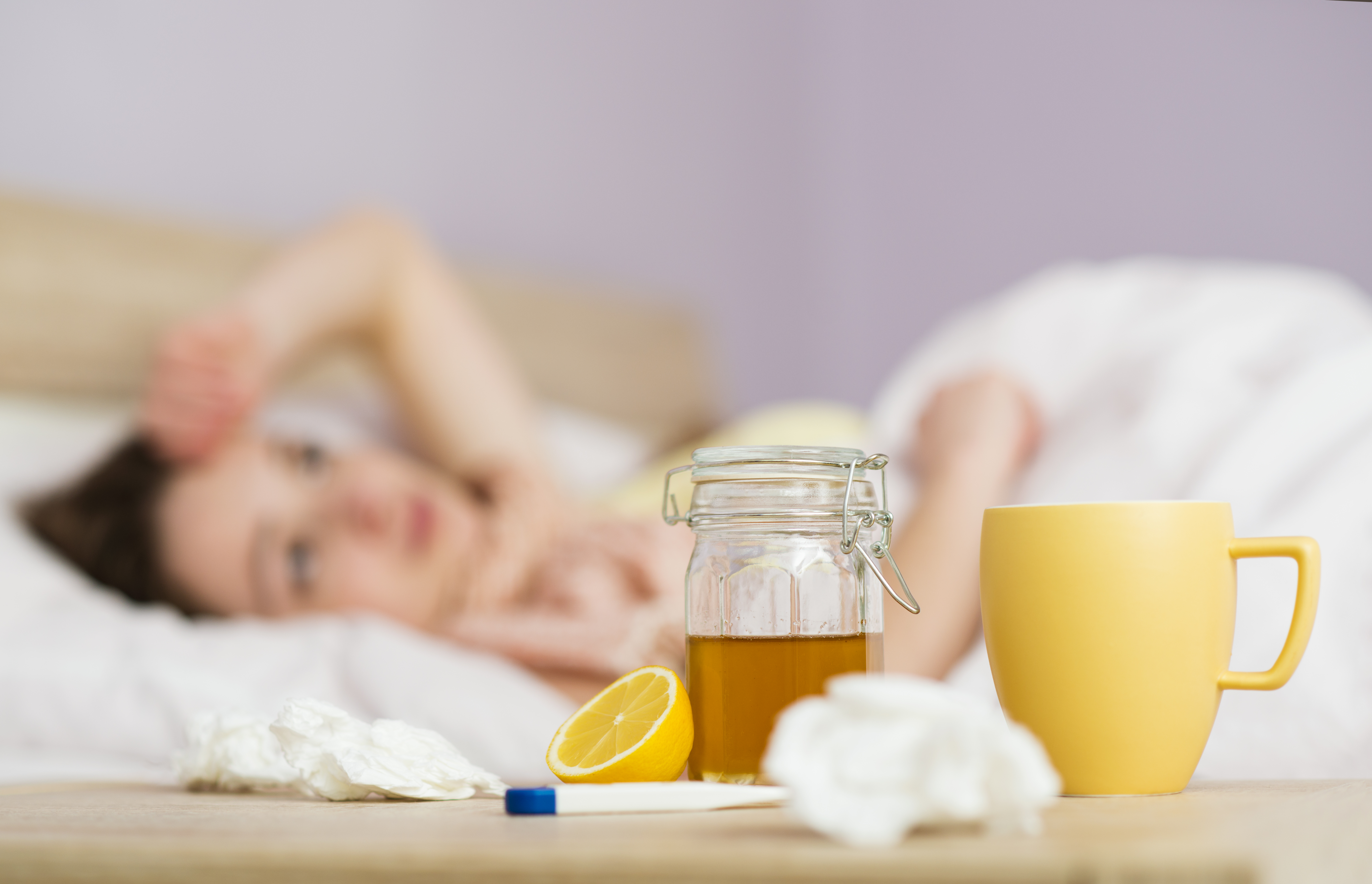A doctor busts myths and explains what REALLY works to prevent a cold

Eighty per cent of parents follow myths rather than facts when it comes to preventing a cold, according to a Royal Children’s Hospital poll.
Dr Anthea Rhodes joined Neil Mitchell to bust some persistent myths on how to cure a cold, and to explain what really works.
“It would be nice if some of these myths were true, but even if they’ve been handed down from generation to generation there’s no science to back them up,” she said.
Dr Rhodes said there are two main ways you can catch a cold; either from airborne droplets, or from touching contaminated surfaces.
“The cold virus can survive for over a day on a surface, and you don’t obviously always know it’s there,” she said.
Her number one tip for preventing a cold is to wash your hands regularly.
“Some of the most effective solutions are simple things that don’t cost a lot of money, and the biggest one is washing your hands,” she said.
Many of the most widely believed myths stretch back to a long way.
The poll found 80 per cent of people believe cold air causes illness.
“It probably goes back to when it was cold and people huddled together, which makes it much easier for bugs to spread,” Dr Rhodes said.
Many remedies people regularly turn to have little evidence to back them up, but Dr Rhodes said there is no harm in engaging in them, as long as you’re also doing the things that are known to work well.
WHAT WORKS:
- Washing your hands regularly with soap and water.
- General good health: Getting enough sleep, eating well, exercising.
WHAT DOESN’T:
- Chicken soup
- Garlic
- Ginger
- Going outside with wet hair
- Rum
- Echinacea
- Olive leaf extract
- Elderberries
- Antibiotics
- Vitamin C
JURY IS OUT:
- Probiotics and gut health boosters – “There’s emerging evidence to suggest that there is a relationship between gut health and immunity.”
- Masks – they will help stop others from getting sick, but wearing one to stop yourself getting sick isn’t recommended.
Press PLAY below for the full interview.















